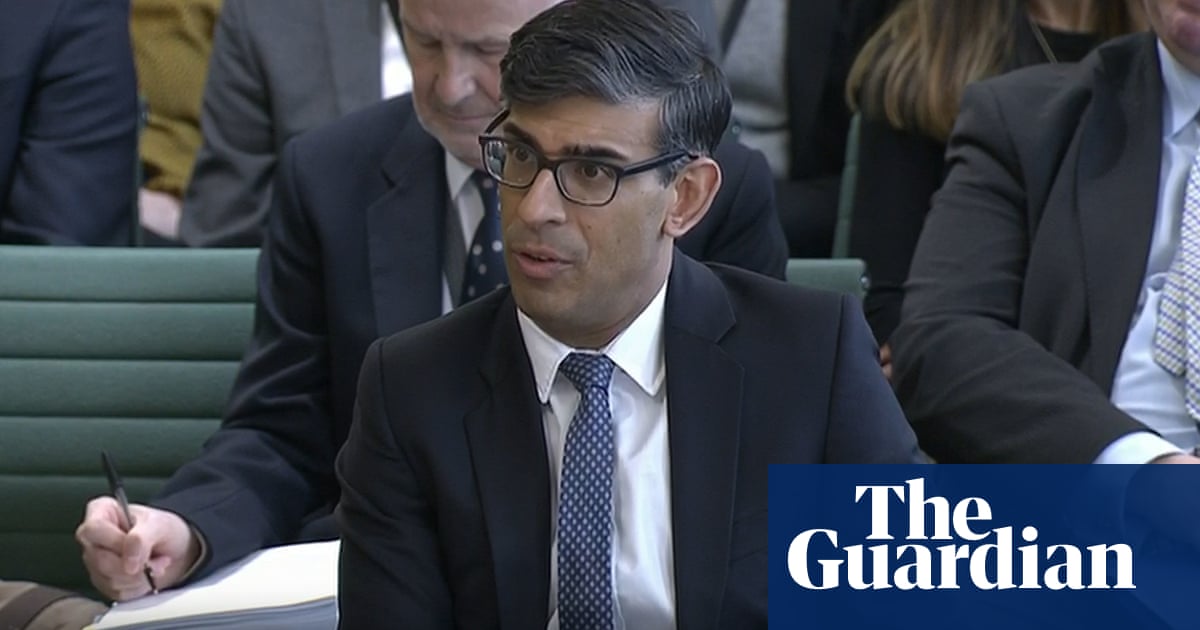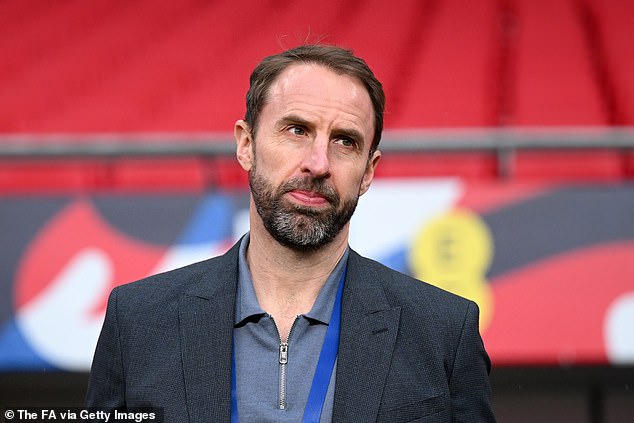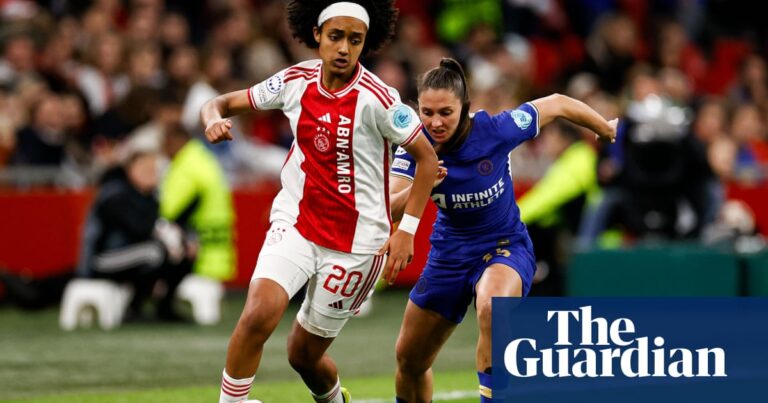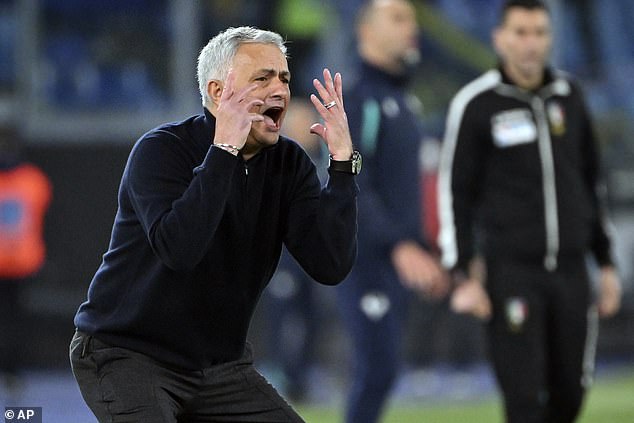Sunak denies ‘crisis’ in local government funding despite bankruptcy warnings | Rishi Sunak
Rishi Sunak has denied there is a “crisis” in local government funding, despite warnings that well-run councils are on the verge of bankruptcy and local services are at risk without more support.
The Prime Minister admitted that councils had faced “challenges” as part of the cross-party liaison committee, particularly related to inflation, which had far outpaced recent cash injections.
The Local Government Association has warned that councils are starting this financial year in a “precarious financial position” and must reduce or close a wide range of local services.
It has been calculated that England’s town halls will need an extra £4 billion over two years to maintain services at current levels or risk a financial crisis in the context of significant spending cuts since the Conservatives came to power 14 years ago.
Clive Betts, chairman of the Land Leveling, Housing and Communities Select Committee, asked whether there was a crisis, to which Sunak replied: “I wouldn’t put it that way.
“Of course there are challenges, particularly around inflation, so… the government’s overriding economic priority has been to bring down inflation because that will also help local governments with their finances, as well as families across the country.
“And if you look at what has happened from central government to local government in relation to this parliament, the cash grant has more than doubled since 2019.” However, Betts pointed out that this was in the context of a 30% reduction in council purchasing power since 2010.
Tuesday’s committee appearance was Sunak’s last appearance before local government elections scheduled for May 2, in which the Tories are expected to be defeated.
At a wide-ranging meeting, the Prime Minister promised that the public can “safely assume” the triple lock on pensions will remain in place for the entire next term if the Tories win the election, after Jeremy Hunt confirmed it would be in the party’s manifesto.
The triple lock has become a hallmark of successive Tory governments since it was announced in 2010, but there is debate over its long-term future due to costs. But Sunak insisted it was a low-cost solution.
Sunak suggested that while public spending would continue to rise in real terms, public services needed to become 5% more productive. “I think it’s right to focus on productivity to make the most of the investment we put into public services,” he said.
“To give just one statistic, public sector productivity today is about 5% lower than before the pandemic. So no one is asking for anything heroic; it’s just going back to where we were. Of course, the private sector has managed to do this.”
There was a heated row over the government’s flagship Rwandan deportation program, with Sunak objecting to a question from Scottish National Party MP Joanna Cherry whether he was proud of telling Tory MPs to vote against an amendment preventing Afghans who had supported British forces from being deported to Afghanistan. Rwanda.
“I really disagree with that characterization,” he said, adding that in light of recent debates in parliament on the intimidation of MPs, “I actually think that characterization is deeply unhelpful.”
The prime minister declined to say whether the government had finally found an airline willing to fly asylum seekers to Rwanda, suggesting it would be a commercial secret.
In response to other questions, Sunak declined to give a date for when defense spending would reach the 2.5% of GDP target. He also said Britain would continue to pressure Israel to allow more aid to Gaza, especially by land.
He admitted concerns that Britain supported the UN Security Council resolution on a ceasefire in Gaza even though it did not explicitly condemn Hamas’ actions. But he added that “while not perfect”, the UN position is “close enough” to the UK’s position that it should support it.
In a lighter moment, the Prime Minister gently mocked his predecessor Liz Truss’s claim that the “deep state” brought her down. When asked if he was a member of the deep state, he replied: “I probably wouldn’t say if I was.”






